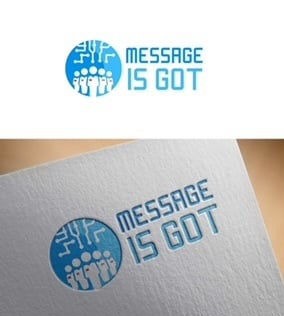
Message is Got logo
The project
Implemented by Poland, Turkey, Portugal, Italy and Latvia, the Erasmus Project KA229 is focused on Internet and Social Media addiction, Media and Information Literacy, fake news and cyberbullying.
Internet and social media addiction, cyberbullying, fake news problems, adaptation to emerging digital culture, access to reliable information, online personal privacy violations, data security and various forms of digital fraud are among the fields of our project interest.
